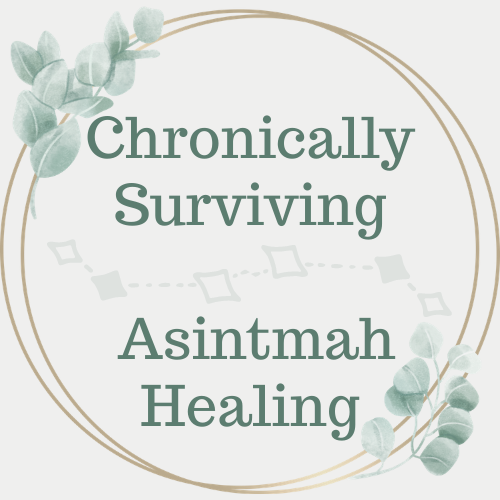Yet, while I was in college, I felt a whole new level of emotions. When I was a junior, I felt a mixture of sadness, then anger, and then resentment. I was worried about my next step in life. I was afraid to ask my mom to discuss my family planning future with my geneticist or endocrinologist. “What if I can’t have kids?” I’d often wonder.
Read moreMy Truth
The sad thing is that I was going so far out of my way to accommodate others, that I was putting my own mental and physical health in jeopardy. This was when I began to realize something. The only person who has any say in the validity of my life experiences is me. People may be “uncomfortable” hearing about what I’m going through, but I guarantee they’d be far more “uncomfortable” actually living through it. I also realized that as an individual suffering from a rare condition, I have a unique opportunity to change the narrative and stigma surrounding this community. But the only way to do that is to stand with courage in your convictions and speak your truth. If people, in turn, choose to judge you… guess what? They are not “your” people.
Read moreThe Different Versions of Healthy
“Healthy” is not a one-size-fits-all. It has taken me years to accept that when I go into crisis I will have to do certain things that society considers “unhealthy” in order to stop long-term damage to my muscles. As the patient, it’s important to remember your worth, and trust in yourself and your care team to know what is best for you—not your co-worker who swears by intermittent fasting. I’m grateful that I have stopped trying to blend in and hide my quirks and instead welcome the questions from others, even if their approach could use a little work because that is best for me.
Read more
